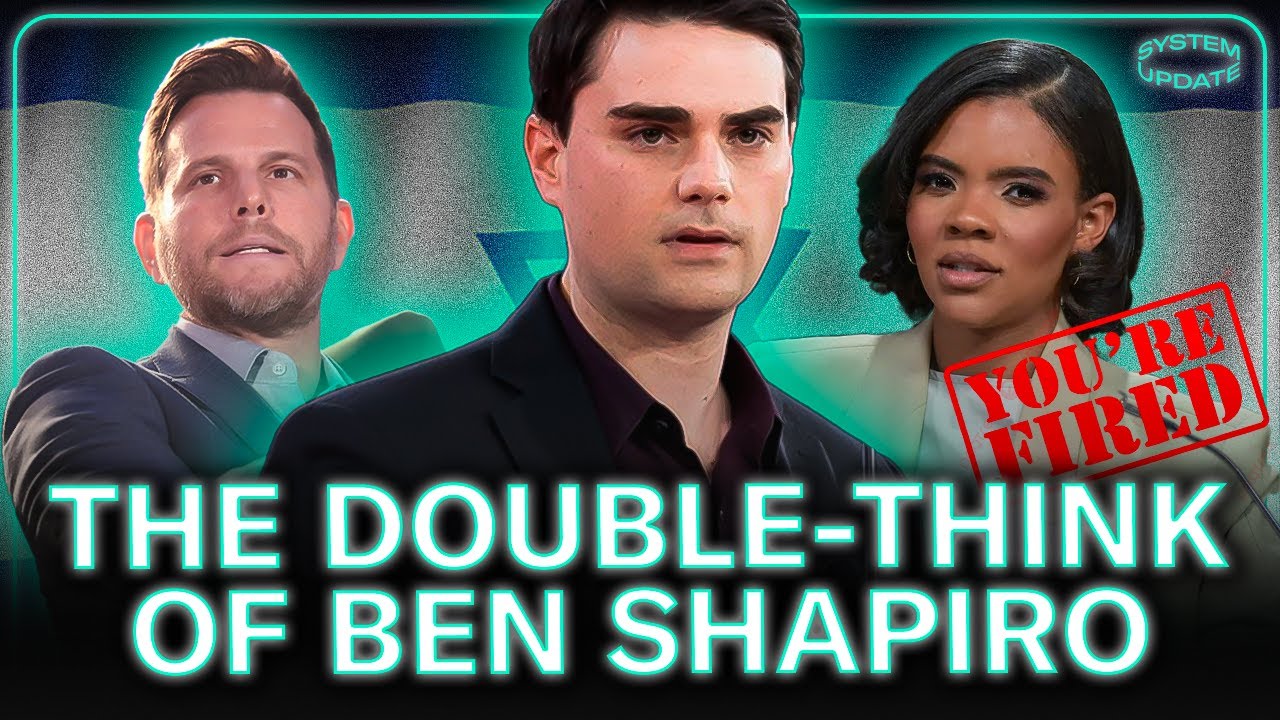Summary
- The script highlights the double standards and inconsistency of right-wing figures like Ben Shapiro and Dave Rubin when it comes to defending free speech and setting boundaries on acceptable views within media outlets. This raises questions about the true commitment to principles and the influence of personal biases.
- The controversy surrounding the firing of Ronna McDaniel from NBC News and the editors from the New York Times reflects a larger issue within media outlets, where certain political views are deemed unacceptable and result in termination. This raises concerns about the impact on free discourse and the stifling of diverse perspectives.
- The script points out the reaction of the right to the left’s tightening of the Overton window, arguing that the left has closed it too tight. However, it fails to acknowledge the right’s own limitations on acceptable views, as seen in the firing of Candace Owens for expressing views outside of the Daily Wire’s boundaries. This highlights the need for consistency and a fair evaluation of boundaries across the political spectrum.
- The script highlights the need for a more nuanced and principled approach to free speech and setting boundaries on acceptable views within media outlets. It is important to promote a wide range of perspectives while still considering the potential consequences and impact of certain views. Balancing free expression and responsible journalism is crucial for fostering a healthy and inclusive public discourse.
- The controversy surrounding the firing of Ronna McDaniel and the editors from the New York Times demonstrates the challenges faced by media outlets in navigating the line between freedom of speech and the responsibility to avoid promoting harmful or divisive views. Striking this balance is a complex task, and it requires careful consideration of the potential impact on society and the values of the media outlet.
- The script highlights the inconsistency within media outlets in setting boundaries on acceptable views, particularly when it comes to political issues. This raises questions about the role of media in shaping public opinion and the need for transparency and accountability in the decision-making process. It also emphasizes the importance of promoting diverse perspectives and avoiding the suppression of voices based on ideological biases.
- The script raises important questions about the nature of free speech and the limitations that media outlets impose on it. It challenges the notion of an objective and neutral media by highlighting the biases and boundaries that exist within these outlets. This calls for a critical examination of the media landscape and a reevaluation of our expectations regarding freedom of expression.
You must log in or register to comment.


